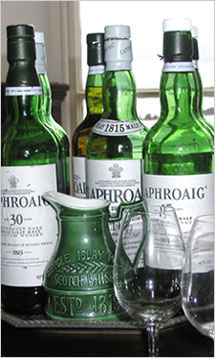- Joined
- Nov 14, 2008
- Messages
- 1,870
- Reaction score
- 3
Hi All,
Quick question, as far as practicing Trauma Anesthesia for the most part, are the vast majority of these jobs in academic centers? In other words, what I'm curious about is, can you be in private practice and still staff a Level 1 Trauma Center? I imagine most Trauma Centers, like Ryder down here, are affiliated with a large teaching hospital/school, but I wonder if it's the norm elsewhere to outsource to pp groups?
Numero Dos, is Anesthesia then CCM fellowship the pathway to take if you want to be "the trauma guy?" Or could you in theory do Anesthesia/Peds and be the "kid trauma guy?"
Thanks!
D712
Quick question, as far as practicing Trauma Anesthesia for the most part, are the vast majority of these jobs in academic centers? In other words, what I'm curious about is, can you be in private practice and still staff a Level 1 Trauma Center? I imagine most Trauma Centers, like Ryder down here, are affiliated with a large teaching hospital/school, but I wonder if it's the norm elsewhere to outsource to pp groups?
Numero Dos, is Anesthesia then CCM fellowship the pathway to take if you want to be "the trauma guy?" Or could you in theory do Anesthesia/Peds and be the "kid trauma guy?"
Thanks!
D712

